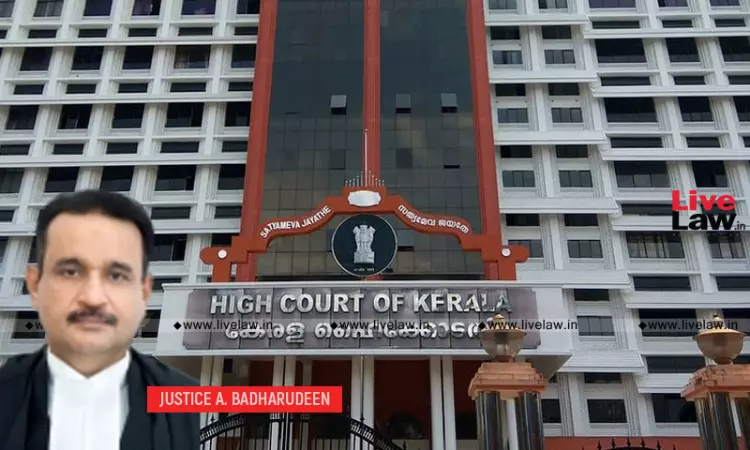The Kerala High Court recently pondered upon the question as to how far a Muslim could dispose of their properties by Will. Interpreting Paragraphs 117 and 118 of the Mulla’s Principles of Mahomedan Law, which provides for 'Bequests to Heirs' and 'Limit of Testamentary Power' respectively, the Single Judge Bench of Justice A. Badharudeen explained that, "...the power of a Mahomedan to...

